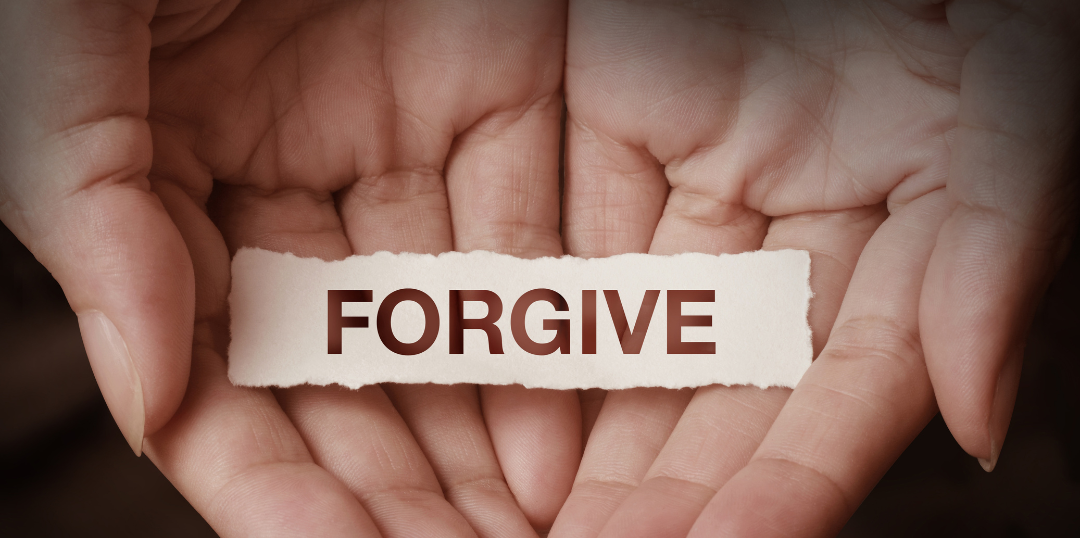- Forgiveness is not just an act; it’s a continuous journey that involves recognizing and releasing pain for personal peace and community healing.
- Community support and connection play a monumental role in navigating grief and fostering resilience in the face of tragedy.
- Honest communication can lead to profound healing and transformation within personal and familial relationships.
Forgiveness as a Pathway to Inner Peace
Leila and Danny Abdallah lost her children in a devastating accident, but instead of letting anger consume her, she chose forgiveness. “When I forgave the driver… that was our only choice to keep going with what happened to our family.” Those are her words, not mine. And they’re not just for show. Forgiveness is a daily commitment for Leila, deeply shaped by her upbringing and family values. Of course, forgiveness isn’t always easy. It’s a tough road, filled with emotions to acknowledge and grudges to let go. Leila puts it perfectly: “Forgiveness is a constant challenge.” But the reward? It’s worth every step. Letting go of bitterness brings inner peace and creates a nurturing environment for youngsters. Leila’s story goes beyond personal healing. It shows us how forgiveness can ripple outwards, fostering understanding and compassion in its wake. It’s a potent reminder that forgiveness isn’t a sign of weakness but of strength. And as Leila so wisely notes, “Forgiveness is for the forgiver more than the forgiven.”
Community Support and the Healing Journey
Leila’s experience illustrates how a community can serve as a source of strength during challenging times. When she faced a significant hardship, the support from those around her became a powerful example of solidarity. The way her community responded to the Abdallahs act of forgiveness highlighted the importance of compassion, as Leila aptly notes, “Because of the way people responded to forgiveness, it got even more highlighted the importance of forgiveness…”
As Leila’s journey reveals, community is far more than mere companionship. It acts as a reservoir of resilience and a pathway to recovery. Debbie Draybi insightfully remarks, “Invite each other in, because it’s our shared human suffering that brings us together.” Leila’s experience serves as a poignant reminder that the connections we form are instrumental in navigating life’s difficulties.
However, building these connections requires intentionality. It involves reaching out, being vulnerable, and accepting support, especially when the instinct to withdraw is strong. Natalie Moujalli, exemplifies this by consistently offering her presence and a listening ear without judgment. Leila’s experience underscores how a community’s unified effort can be essential in an individual’s journey toward healing.
Honest Communication in Transforming Relationships
Leila’s journey truly shines a light on the transformative power of open, honest communication, especially when it comes to mending relationships. She bravely shares her struggles within her marriage, showing us how tragedy can magnify existing issues and remind us of the importance of talking things out. As Leila points out, “We needed an outside perspective…and Monsignor Shora asked, were these problems already present before the loss of your children?”
Her story is a testament to how grief can make problems more complex, and that healing often requires us to face these issues head-on through heartfelt conversations. The wisdom of Monsignor, “The journey of forgiveness isn’t a one-time thing, it’s ongoing and it evolves,” helps us understand that regular, open dialogue is a crucial part of forgiving and moving forward.
When it comes to family dynamics, Leila’s advice to “stick to the facts, and then explain how it made you feel” is a beacon of guidance. It encourages accountability and acknowledgement of our own flaws, fostering healthier relationships built on mutual respect and love.
Leila’s personal story, while deeply moving, gives us valuable lessons on forgiveness, community, and the power of communication. She shows us how letting go of our pain through forgiveness can lead to inner peace and how there’s strength in unity. More than anything, her story sparks a larger conversation about the resilience we can find even in our darkest hours, serving as a guide for anyone navigating their own journey towards healing and connection.



Leave A Comment